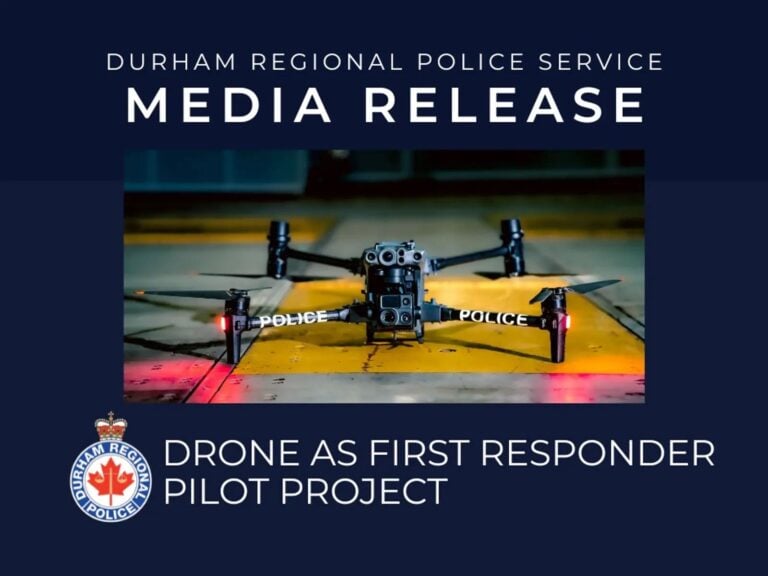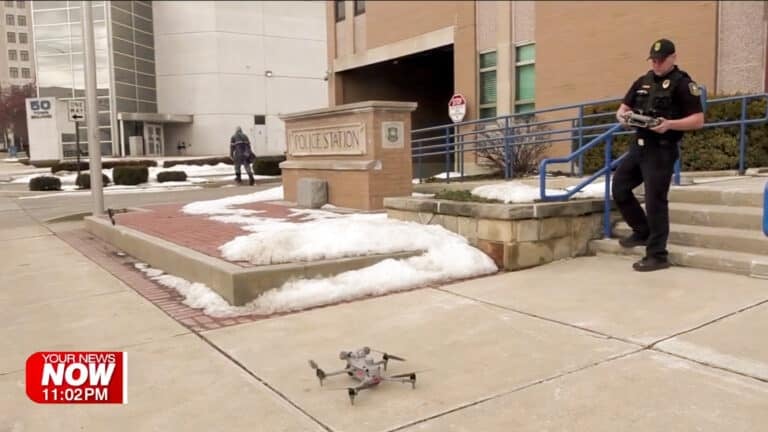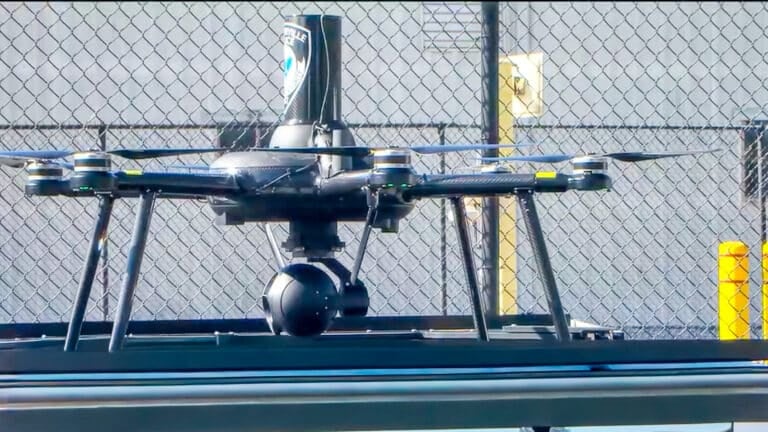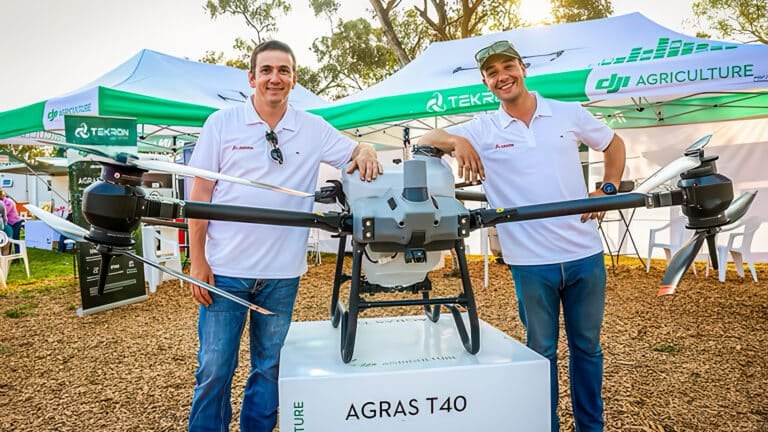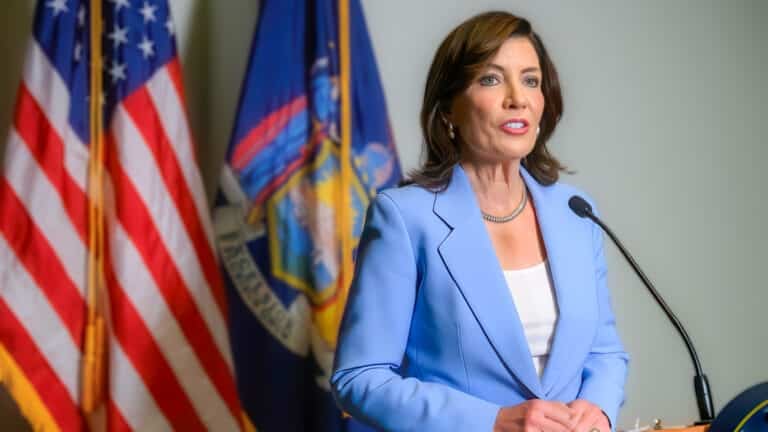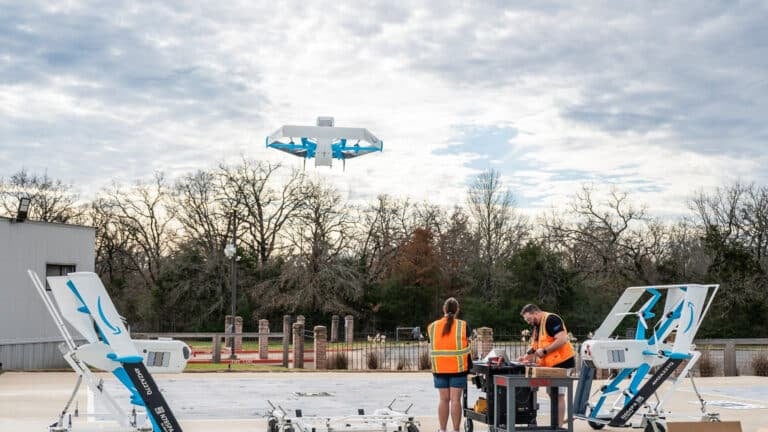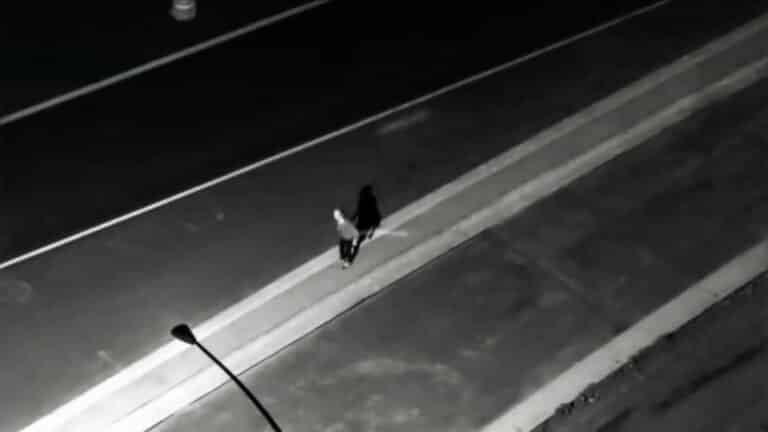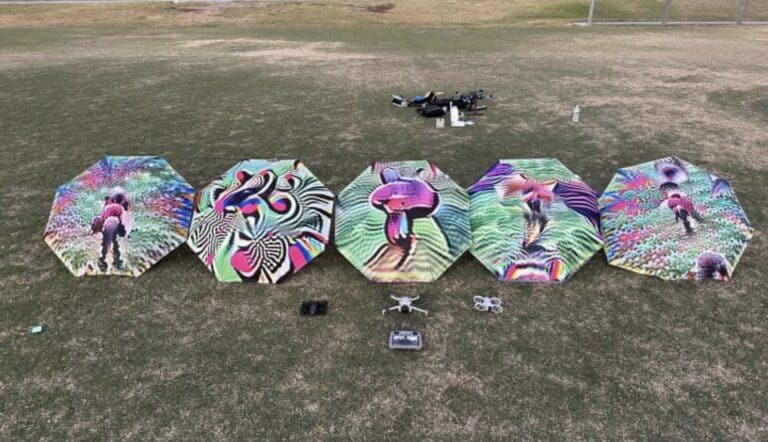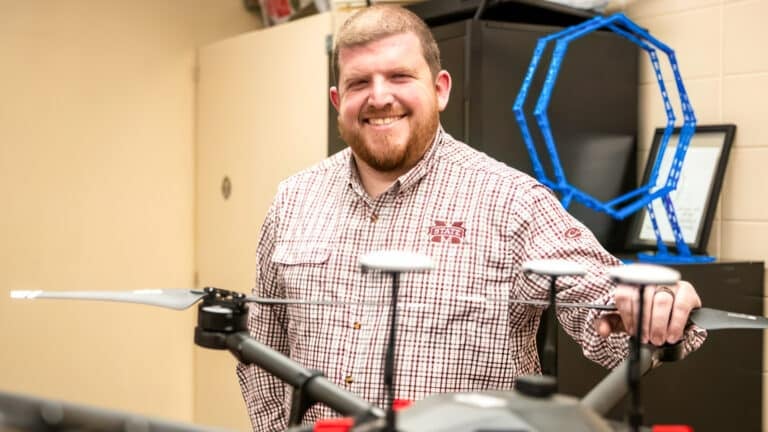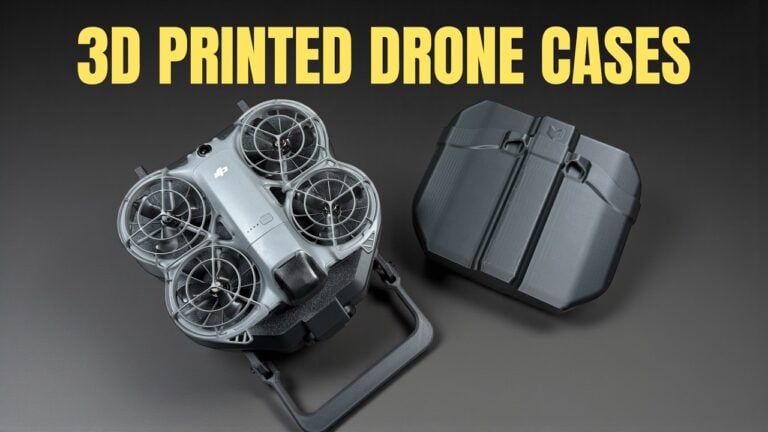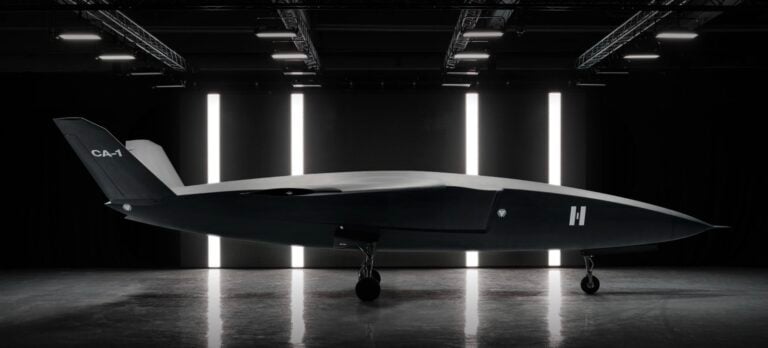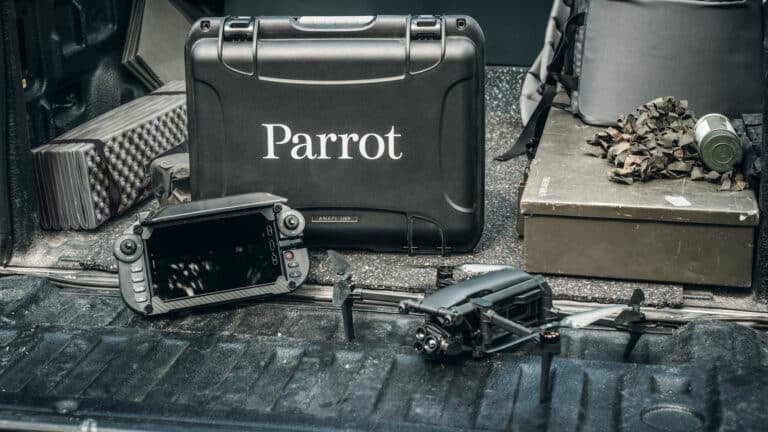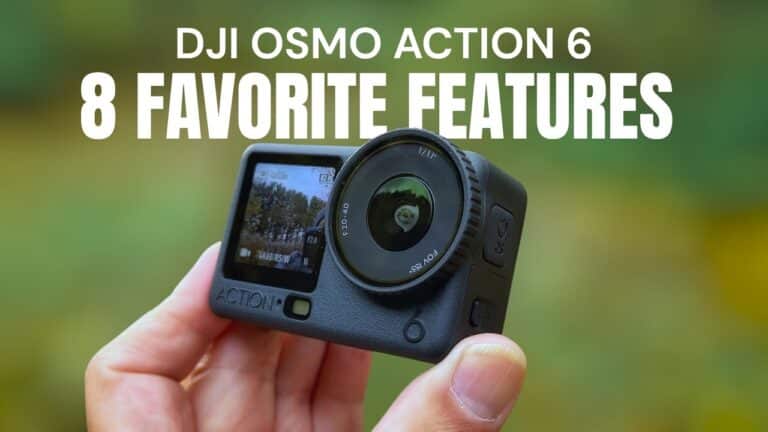FBI Partners With Michigan On Drone Enforcement Near Detroit Airport
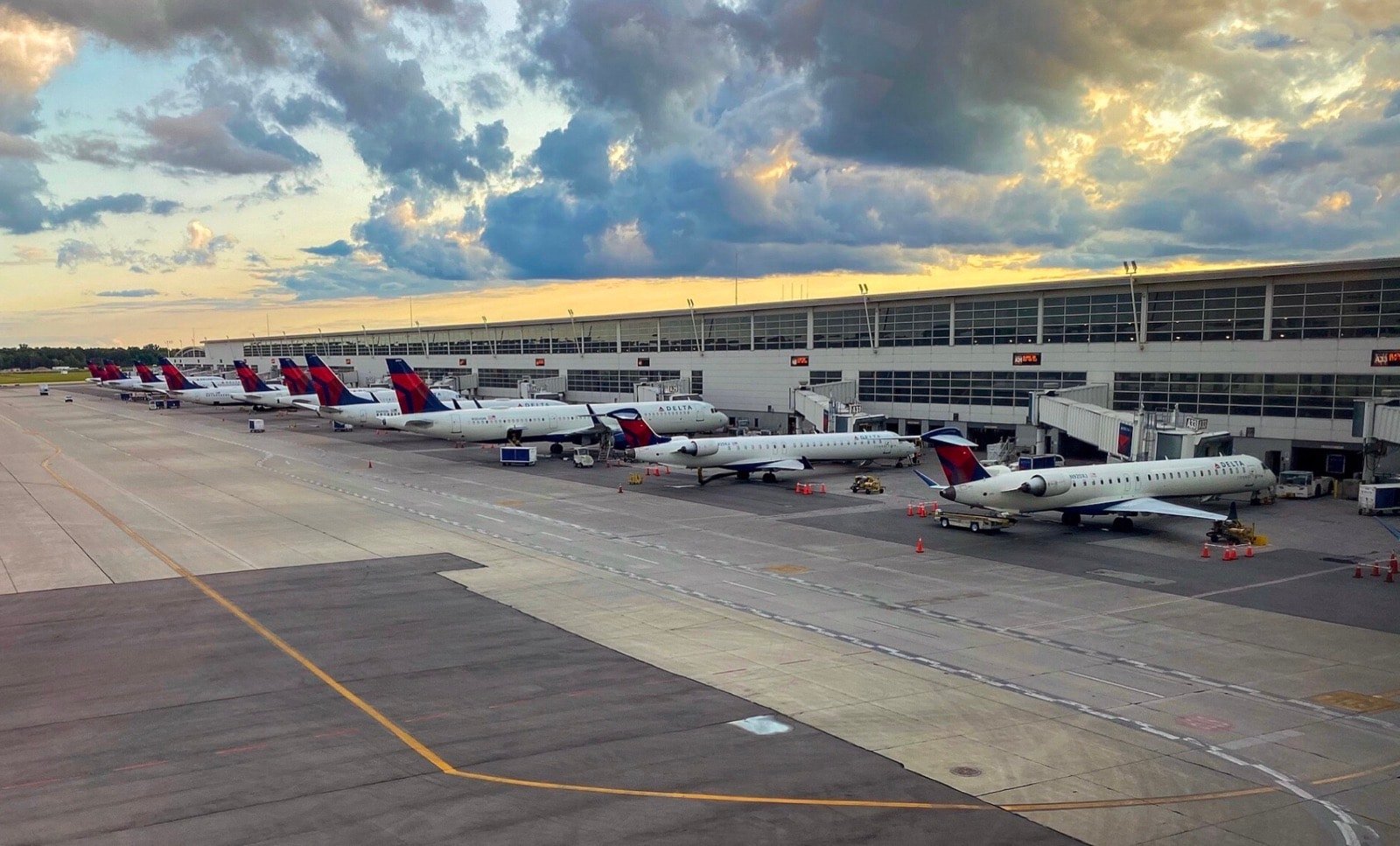
Check out the Best Deals on Amazon for DJI Drones today!
The FBI is collaborating with Michigan state agencies on drone enforcement near Detroit Metropolitan Airport, according to discussions at a Michigan Capitol Commission meeting held October 6, 2025. The partnership could establish a model for federal-state drone enforcement as authorities nationwide grapple with unauthorized flights near critical infrastructure.
The development comes as the FBI actively seeks expanded counter-drone authorities for state and local partners, report Citizen Portal. Since receiving federal authorization in 2019, the bureau has conducted 69 operational missions and detected more than 1,000 drones violating federal law, but officials say current resources can only “cover a tiny fraction” of major U.S. events and critical sites.
Federal-State Enforcement Framework Takes Shape
According to the Capitol Commission discussion, the FBI serves as the enforcement arm for Federal Aviation Administration drone regulations, while Detroit Airport has begun enforcing drone-related legislation through the new partnership. Specific operational details were not provided during the meeting.
The collaboration addresses a fundamental challenge in drone enforcement: the FAA oversees airspace regulations, but lacks direct enforcement capabilities. The FBI’s involvement creates a bridge between federal rules and on-the-ground enforcement, particularly around sensitive locations like major airports.
Michigan’s Detroit Metropolitan Airport experienced at least 16 drone “close calls” between February 2017 and July 2018, highlighting the ongoing risk of unauthorized flights in airport airspace.
Geofencing Technology For Critical Infrastructure
Officials discussed designating certain areas as critical infrastructure, which would enable geofencing technology to prevent drones from entering restricted airspace without authorization. Under this framework, Michigan’s state enforcement arm would be responsible for enforcing these policies.
The timing is notable: DJI, the world’s largest drone manufacturer, recently removed its automated geofencing restrictions in January 2025, shifting responsibility for airspace compliance entirely to drone operators. The move came just days after an FBI investigation into a drone collision with a firefighting aircraft battling California wildfires.
Michigan has invested heavily in drone infrastructure, allocating $24.5 million between 2023 and 2024 to position itself as a national leader in advanced aerial mobility. The state established the Advanced Aerial Innovation Region around Detroit’s Michigan Central Station, creating a testbed for beyond visual line of sight operations and drone delivery services.
National Context For Enforcement Expansion
The FBI-Michigan partnership aligns with broader federal efforts to expand drone enforcement capabilities. During a December 2024 House Homeland Security hearing, FBI officials testified that the bureau “cannot alone protect” the tens of thousands of annual mass gatherings nationwide from drone threats.
Robert Wheeler Jr., assistant director of the FBI’s Critical Incident Response Group, told lawmakers the agency “strongly supports pursuing expanded counter UAS authorities for state, local, tribal and territorial partners as robustly and swiftly” as possible.
Current federal law limits which agencies can deploy counter-drone technology. The Department of Justice and Department of Homeland Security possess these authorities, but state and local agencies must request federal assistance for most drone incidents.
DroneXL’s Take
Michigan’s partnership with the FBI represents exactly the kind of federal-state collaboration that law enforcement has been demanding for years. We’ve covered the FBI’s frustration with limited authorities extensively, from the fumbled response to New Jersey’s mystery drone sightings to investigations of drone collisions with firefighting aircraft.
What makes this development significant is Michigan’s position as a drone innovation leader. The state didn’t just throw money at the problem—it built comprehensive infrastructure, established testing corridors, and created regulatory frameworks designed to attract drone companies. Now it’s adding enforcement muscle to match that vision.
The geofencing discussion is particularly interesting given DJI’s recent decision to eliminate automated no-fly zones. If Michigan implements infrastructure-based geofencing independent of manufacturer systems, it could create a more reliable enforcement mechanism than relying on drone makers to police their own products. That’s a smarter approach than hoping operators will self-regulate, especially around critical sites like airports.
The real question is whether this becomes a replicable model or just another pilot program that never scales. Michigan has the resources and political will to make this work, but most states don’t. Without federal legislation expanding counter-drone authorities to state and local agencies—something Congress has failed to deliver despite years of requests—enforcement will remain a patchwork of ad-hoc partnerships rather than a comprehensive national strategy.
What do you think? Share your thoughts in the comments below.
Discover more from DroneXL.co
Subscribe to get the latest posts sent to your email.
Check out our Classic Line of T-Shirts, Polos, Hoodies and more in our new store today!

MAKE YOUR VOICE HEARD
Proposed legislation threatens your ability to use drones for fun, work, and safety. The Drone Advocacy Alliance is fighting to ensure your voice is heard in these critical policy discussions.Join us and tell your elected officials to protect your right to fly.
Get your Part 107 Certificate
Pass the Part 107 test and take to the skies with the Pilot Institute. We have helped thousands of people become airplane and commercial drone pilots. Our courses are designed by industry experts to help you pass FAA tests and achieve your dreams.

Copyright © DroneXL.co 2026. All rights reserved. The content, images, and intellectual property on this website are protected by copyright law. Reproduction or distribution of any material without prior written permission from DroneXL.co is strictly prohibited. For permissions and inquiries, please contact us first. DroneXL.co is a proud partner of the Drone Advocacy Alliance. Be sure to check out DroneXL's sister site, EVXL.co, for all the latest news on electric vehicles.
FTC: DroneXL.co is an Amazon Associate and uses affiliate links that can generate income from qualifying purchases. We do not sell, share, rent out, or spam your email.




